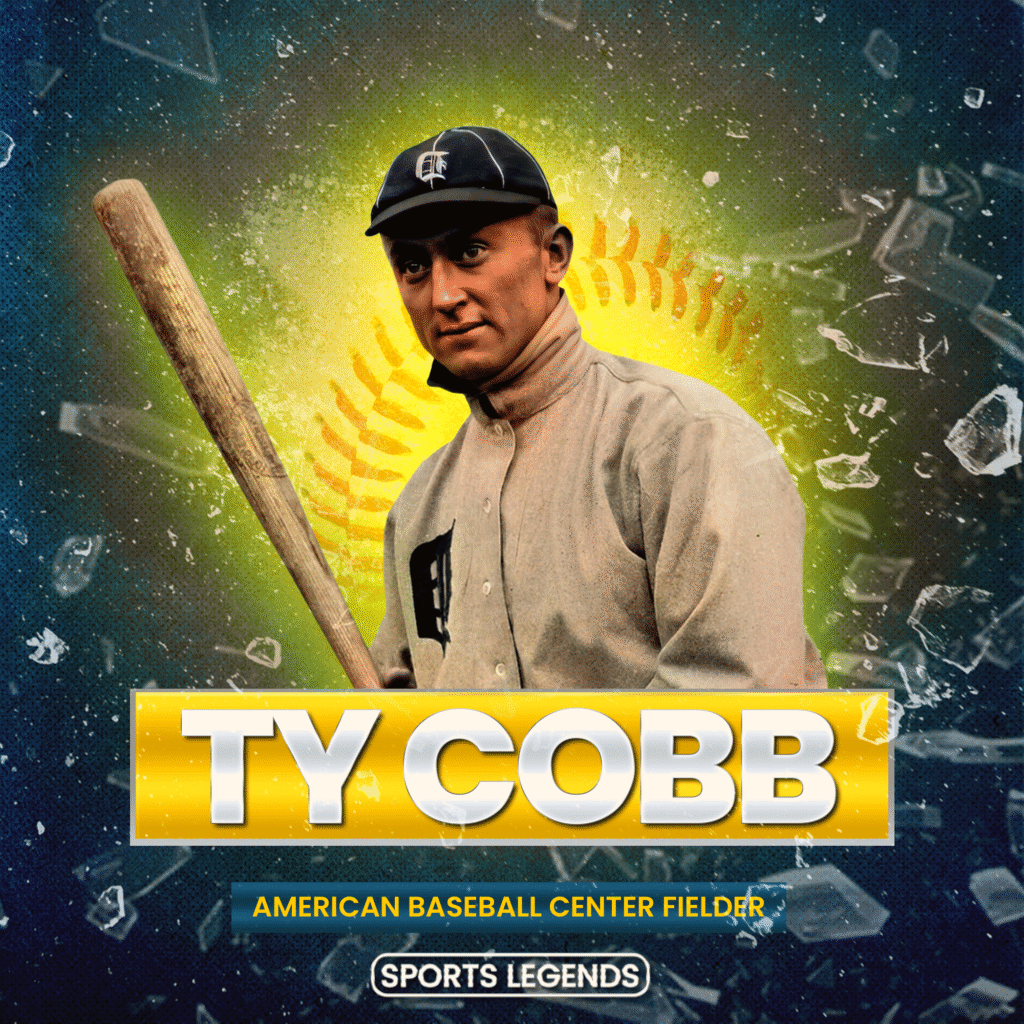If Babe Ruth was baseballs golden smile, Ty Cobb was its sharpened teeth.
In Detroit, they called him the Georgia Peach, but he wasn’t famous for his sweetness.
He was famous for his fury.
His spike-sharp rage.
A predator that wanted full control over the game – one who was willing to smash his way through anyone foolish enough to stand in his way.
Over the span of his career, Cobb made Detroit a bloody proving ground.
Not for sportsmanship.
Not for grace.
For winning.
And the city loved him for it.


 Please check your email for your login details.
Please check your email for your login details.
